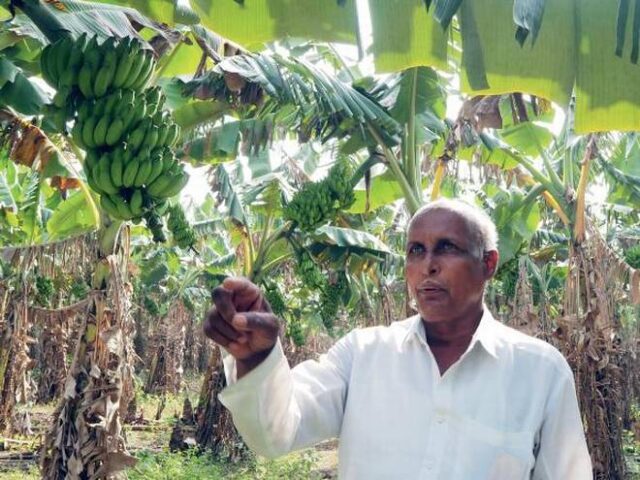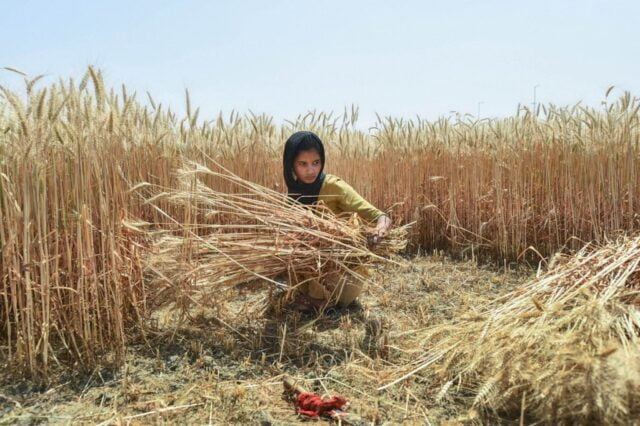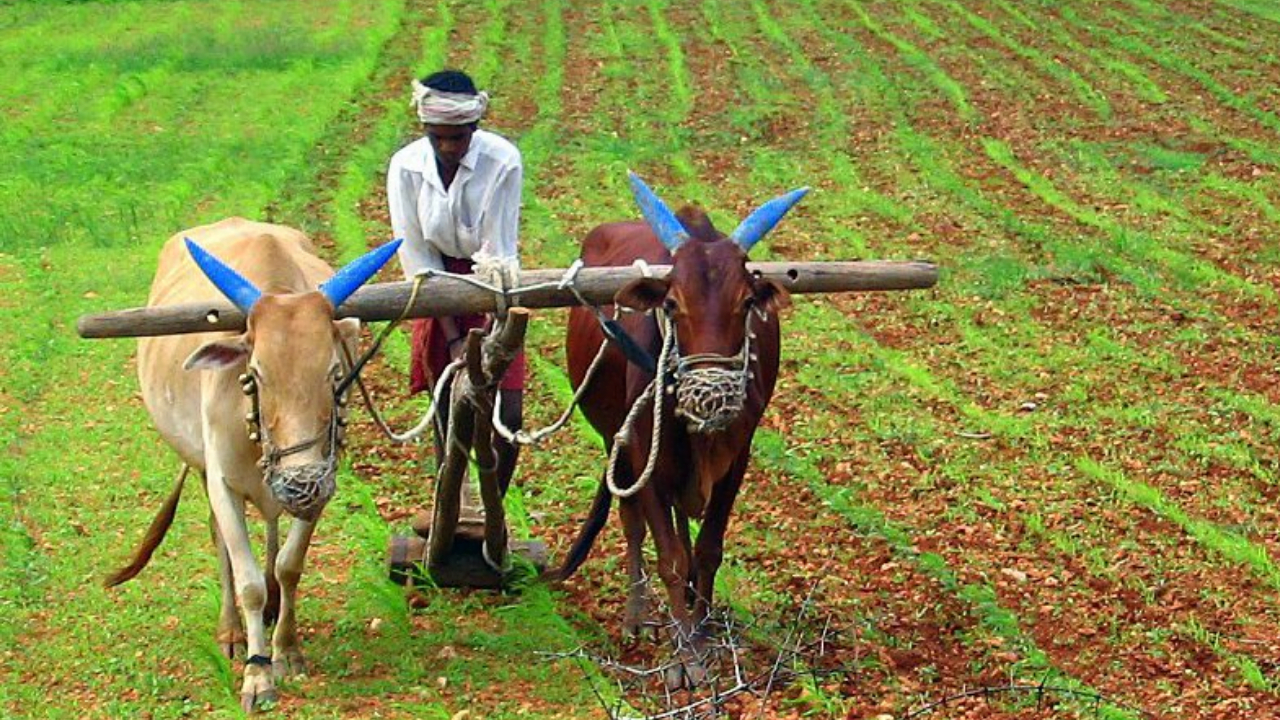We need to help fix agriculture in India – our present framework is shifty for both our farmers and the climate. Today, nearly all public spending in agriculture supports input-intensive practices that have only deepened the crisis.
As we are currently revamping agriculture strategies, manageability should be key in contemplating a wellbeing net for farmers.

What Is The Issue?
Farmers’ trouble, suicides, and mass fights are driven by high creation costs, unremunerative costs, draining regular assets, and progressively unusual climate.
However, impractical practices have become the standard: over a large portion of the springs in India have exhausting water levels while 90% of groundwater is utilized for the water system, 30% of the land region is debased and dirt that requires hundreds of years to assemble is being lost very quickly.
Proof shows that moving towards reasonable practices will monitor normal assets, diminish ozone-depleting substances, possibly lessen the expense of creation and environment-related dangers for farmers.
The head administrator himself has asked farmers, to diminish the utilization of synthetic composts and pesticides and furthermore commented on the utilization of ‘zero spendings normal cultivating’ for soil preservation during the United Nations Convention to Combat Desertification gathering in 2019.
What Can Be Done?
Natural farming is a type of organic farming. Its basic principles are based on the elimination of chemical inputs and the use of locally available resources to reduce farmers’ dependence on market-bought inputs that can put them in a cycle of debt.
Also Read: Story Of Forest Man Of India Gains A Spot In US Curriculum

While numerous focal and state government programs mean to advance supportable practices, they are restricted in their extension. The Andhra Pradesh Community oversaw Natural Farming (APCNF), recently known as the AP Zero Budget Natural Farming (ZBNF) program.
APCNF plans to change the whole state over to compound-free, low-input “characteristic cultivating” by 2030.
Till now, the rural approach has been impacted by farming colleges dependent on the information-driven green upheaval model.
The best protection from natural cultivating programs all in all, and APCNF specifically, which advances an elective worldview, has come from freely financed agrarian colleges and the state divisions of agribusiness.
Manageable agri-business programs utilize hierarchical preparation can be dangerous: they don’t construct farmers’ abilities in overseeing soils, bothers, and the encompassing environment.

A Farmer-Driven Methodology
APCNF has put farmers at the focal point of its methodology. It trains them in rehearsals that depend on locally accessible assets to lessen input expenses and make agri-business profitable. The program is likewise trying different things with unified work exercises to make extra types of revenue for ranch families.
Farmers are urged to embrace characteristic cultivating on a piece of their property – to realize what may work for their nearby homestead and neighborhood conditions by experimentation.
Farming alumni, as staff, live-in program towns, and co-produce information applicable to explicit, territorial agro-climatic conditions and trim designs.

Women’s Role
Today, women’s self-improvement gatherings are additionally essential for the APCNF’s execution and a state of passage into new towns. They have likewise assumed up the liability of oversight of town program records. This fundamental organization has made the APCNF conceivable.
APCNF offers India a chance to figure out how practical agribusiness can be scaled up. The achievement of APCNF is reasonable for our ranchers and for our current circumstances.
In the event that the program doesn’t meet its yearning objective, it is as yet a model for future economical agriculture arrangements to expand on.
Image Credit: Google Images
Sources: The Hindu, Scroll, APZBNF
Find The Blogger: @saba_kaila0801
This post is tagged under: Organic Farming, Natural Farming, Farmers, Andhra Pradesh, Government Initiatives, Save Nature, Sustainable Agriculture, Agriculture practices, Farmers at work, Food, Plantations, PM Initiatives, No Pesticides, Fertilizers, Home Grown, Health, Healthy, promotion, India’s Needs, Andhra Government, ZERO BUDGET NATURAL FARMING, Rythu Sadhikara Samstha (RySS), holistic alternative, Agriculture Minister Radha Mohan Singh
Other Recommendations:
Cloud Seeding Could Save Many Farmers’ Lives & Lands: India Needs It!




































